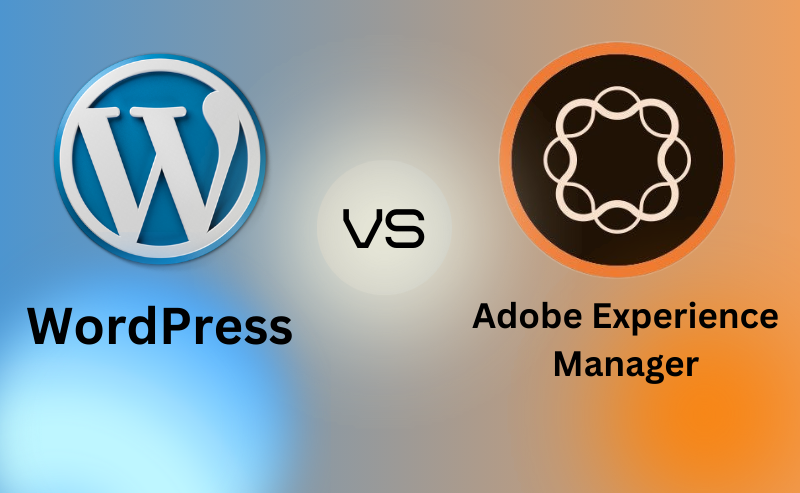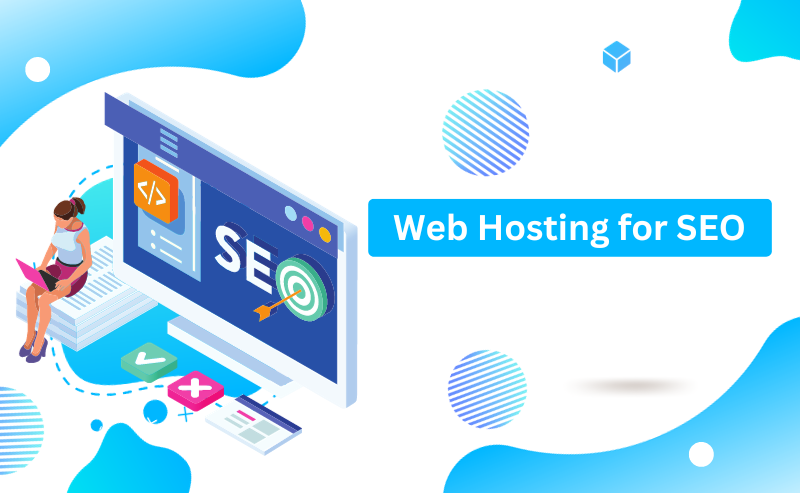When it comes to building a website, it’s important to understand the main differences between PHP and WordPress. PHP is a programming language used for dynamic websites, while WordPress is a user-friendly content management system that simplifies website creation. If you have technical knowledge and need advanced customization, PHP might be the better choice. However, if simplicity and convenience are your priorities, go with WordPress.
Consider the learning curve when comparing PHP and WordPress. PHP may require more technical knowledge and experience, while WordPress offers an intuitive and beginner-friendly interface. If you’re new to web development or prefer a user-friendly platform, WordPress is a great option.
If you’re thinking about switching from PHP to WordPress, be prepared for some challenges. Adapting to a different framework and functionality can take time. Fortunately, there are plenty of online resources and communities available to help you successfully navigate this transition.
If you want to integrate PHP into a WordPress site, you can do so by using the theme editor or custom template files. However, make sure to follow best practices for compatibility and security. For optimized PHP environments, consider consulting a developer or using a managed hosting provider like A2 Hosting or Bluehost. These hosts are compatible with WordPress and offer reliable and efficient PHP hosting options.
What Are The Main Differences Between PHP and WordPress When Building a Website?
The main difference between PHP and WordPress when building a website is their functionality and purpose. PHP is a programming language that allows developers to build dynamic websites and web applications with flexibility and customization options. On the other hand, WordPress is a content management system (CMS) that simplifies the website creation process, particularly for non-technical users.
Here are the key differences between PHP and WordPress:
– PHP:
– A programming language for building dynamic websites and web applications.
– Offers greater control and flexibility for developers.
– Allows for the creation of unique and complex features.
– WordPress:
– CMS built on PHP.
– Designed for non-technical users.
– Provides a user-friendly interface for managing and updating website content.
– Offers a wide range of themes and plugins for enhanced functionality and design.
In conclusion, while PHP gives developers more control and customization options, WordPress offers a simplified website creation process for non-technical users. When deciding between PHP and WordPress, consider your specific needs and level of technical expertise.
How Does The Learning Curve of PHP Compare to That of WordPress?
The learning curve of PHP compared to WordPress can vary depending on your level of programming knowledge and experience. If you have a background in programming, learning PHP can be relatively straightforward. However, if you are new to programming, it may take some time and effort to grasp the concepts and syntax of PHP.
On the other hand, WordPress is a content management system (CMS) that allows you to build websites without much coding knowledge. It provides a user-friendly interface and a wide range of pre-built themes and plugins, making it easier for beginners to create websites quickly.
Considering your goals, preferences, and time commitment, here are some key points to consider:
Learning PHP:
– Requires a solid understanding of programming principles
– More complex and precise syntax
– Offers more control over website functionality
– Can be a valuable skill for deeper programming knowledge
Learning WordPress:
– Does not require extensive coding knowledge
– User-friendly interface and pre-built themes/plugins
– Quick and easy website creation for beginners
– Less control over website functionality compared to PHP
Ultimately, the choice between PHP and WordPress depends on your specific needs and goals. If you are looking for a quicker and more beginner-friendly solution, WordPress may be a better choice. However, if you are interested in diving deeper into programming and have more control over your website’s functionality, learning PHP can be a valuable skill.
When Should I Choose PHP over WordPress for My Web Development Project?
Choose PHP over WordPress for web development projects when you need more customization and control over your website. While WordPress is user-friendly and great for beginners, PHP allows for greater flexibility and functionality. Here are some situations where PHP is the better choice:
– Custom features: If you require unique features or complex functionality that goes beyond what WordPress plugins can offer, PHP allows you to build custom solutions tailored to your specific needs.
– Performance optimization: PHP is faster and more efficient than WordPress, making it ideal for high-traffic websites that require quick loading times and smooth user experiences.
– Scalability: With PHP, you have the freedom to scale your website as your business grows without being limited by WordPress’s framework.
– E-commerce: If you plan to run an online store, PHP offers more robust options for integrating secure payment gateways and managing inventory.
– Security: PHP provides stronger security measures compared to WordPress, reducing the risk of vulnerabilities and hacking attempts.
In summary, while WordPress is suitable for many web development projects, choosing PHP can give you greater customization, performance, scalability, e-commerce capabilities, and security.
What Are The Potential Challenges I Might Face If I Switch from Using PHP to WordPress?
If you decide to switch from using PHP to WordPress, you might face some challenges. Here are a few potential ones to consider:
1. Understanding PHP: WordPress is built on PHP, so having a good understanding of PHP will still be important for customizing and troubleshooting your WordPress website effectively.
2. Learning Curve: Switching to WordPress may require you to learn new skills and become familiar with the WordPress platform, its themes, and plugins. This learning curve may pose a challenge at first, but there are plenty of online resources and communities available to assist you along the way.
To overcome these challenges and find the best hosting option for your WordPress needs, considering providers like Bluehost or A2 Hosting can be beneficial. They offer optimized environments and support specifically for WordPress websites. However, it’s important to thoroughly research and compare hosting providers to ensure they meet your requirements.
By understanding the potential challenges and utilizing available resources, you can smoothly transition from using PHP to WordPress while maintaining the core points and meaning of your content.
Can I Integrate PHP into a WordPress Site and What Are The Steps Involved?
Yes, you can integrate PHP into a WordPress site. WordPress is built using PHP, making it highly compatible with PHP coding. To integrate PHP into your WordPress site, follow these steps:
1. Access the backend of your WordPress site and go to the theme editor.
2. Locate the theme file where you want to add your PHP code.
3. You can either add PHP snippets directly into the theme’s PHP files or create a custom template file.
4. Once you’ve added your PHP code, remember to save the changes.
5. Finally, view the changes on your WordPress site to see the integration in action.
However, it’s crucial to follow best practices for compatibility and security when integrating PHP. To do so:
– Always use child themes or custom templates to add your PHP code, instead of modifying the core theme files directly.
– Test and validate your PHP code to avoid conflicts or errors.
– If you’re not familiar with PHP coding, consider consulting with a developer or using a managed hosting provider that offers optimized environments for running PHP applications within WordPress, such as Bluehost or A2 Hosting.
PHP vs WordPress: Which is the Right Choice for Your Web Development Journey?
PHP vs WordPress: each approach to website development has its strengths and merits, catering to different user needs and skill levels. PHP offers extensive flexibility and control for those with a technical background, enabling the creation of unique, custom features and high-performance web applications.
Meanwhile, WordPress provides an accessible platform for individuals seeking an intuitive content management system with a vast array of themes and plugins at their disposal. Whether you lean towards the complex programming capabilities of PHP or the user-friendly experience of WordPress will largely depend on your specific project requirements, technical proficiency, and long-term maintenance goals.
Ultimately, understanding the distinctions between PHP and WordPress is crucial in making an informed choice that aligns with your web development aspirations.


